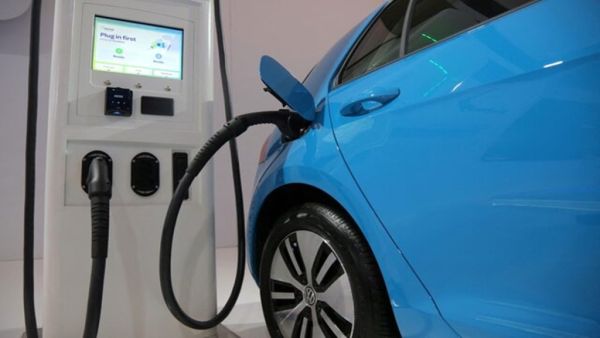
Electric vehicle (EV) buyers are increasingly choosing variants with larger battery packs, signalling a growing preference for longer range over marginal cost savings. Data from leading manufacturers like Tata Motors and Mahindra & Mahindra shows that consumers are willing to pay a little extra to eliminate range anxiety. Even firsttime EV buyers are opting for longerrange variants.
Vivek Srivatsa, chief commercial officer at Tata Passenger Electric Mobility, told FE that the response to the newlylaunched Harrier EV is a clear indication of this shift. The SUV, which starts at Rs 21.49 lakh for the Adventure variant with a 65kWh battery, has received more than 10,000 bookings. But, notably, the majority of these bookings are for the topend trims powered by the 75kWh battery pack. These are priced from Rs 28.99 lakh onwards and offer a realworld range of over 500 km. In contrast, the 65kWh version offers a sub400 km range.
Srivatsa pointed out that the price difference between the two battery packs isn’t a dealbreaker as just Rs 1 lakh separates the Fearless Plus 65kWh variant (Rs 23.99 lakh) and the 75kWh version (Rs 24.99 lakh). Given the substantial gain in range, most buyers see value in upgrading. What’s also significant is that a majority of Harrier EV bookings have come from customers buying their very first EV.
A similar trend is playing out at Mahindra and Mahindra. When it began deliveries of the BE 6 and XEV 9e in March 2025, both models were offered with two battery pack options—59 kWh and 79 kWh. While the smaller pack offers under 400 km of range, the larger one delivers between 550 and 600 km. Unsurprisingly, the bigger battery has dominated bookings. Company sources said that more than 75% of all reservations have been for the Pack 3 variant, which comes exclusively with the 79kWh battery.
The response prompted M&M to expand availability of the larger battery pack. In July, it made the 79kWh unit available in the midrange Pack 2 trim as well, recognising that customers prioritise range over other features. Rajesh Jejurikar, in a recent media interview, said, “Range is really important over many of the other features that we are offering,” underlining the company’s focus on catering to this demand.
Even massmarket offerings are seeing this shift. The MG Windsor EV, already a top seller since its September 2024 launch with a 38kWh battery, got a massive boost in May 2025 when a 52.9kWh version was introduced.
The new variant, which offers a claimed range of 449 km versus 332 km for the smaller one, saw more than 8,000 bookings in the first 24 hours. The price gap between the two is around Rs 2 lakh, but for most buyers, the enhanced usability justifies the premium.
Tata Motors’ Srivatsa said that the customer mindset of spend once, worry less, is driving similar demand across the company’s EV portfolio. In the newlylaunched Curvv EV, for instance, 75% of buyers are opting for the 55kWh variant, with only a quarter choosing the 45kWh version. In the case of the Punch EV, 80% of customers are choosing the 35kWh battery over the 25kWh option.
The best example is the Nexon EV. Once offered with two battery sizes, its sales have now tilted so heavily toward the 45kWh variant that Tata Motors is contemplating phasing out the smaller 30kWh version altogether. “More than 95% sales are coming from the 45kWh variant,” Srivatsa said.